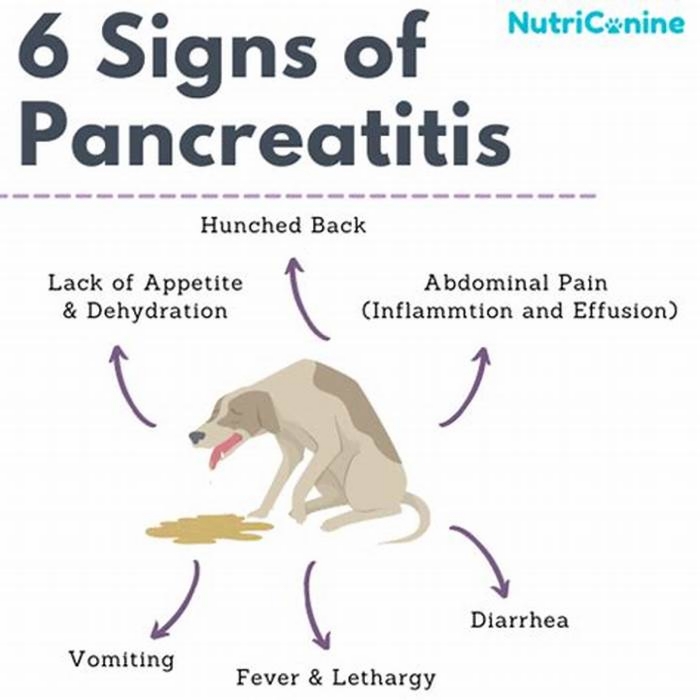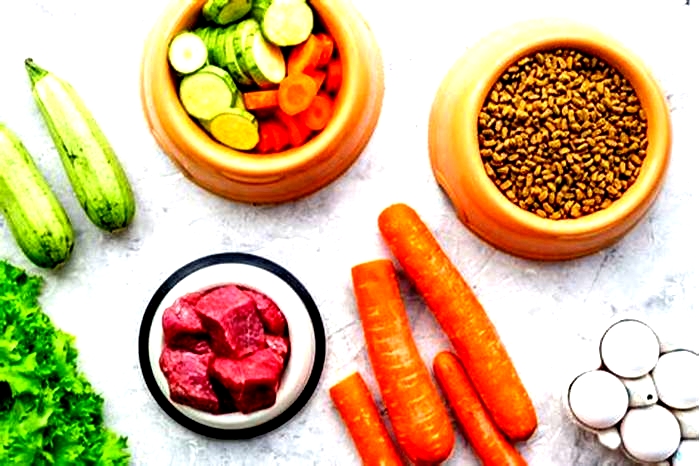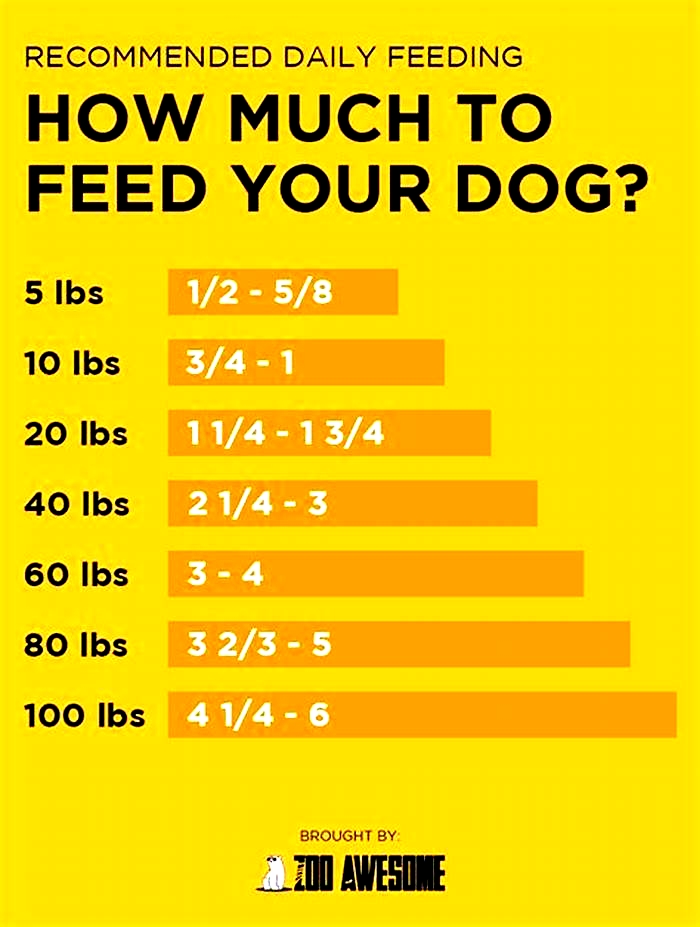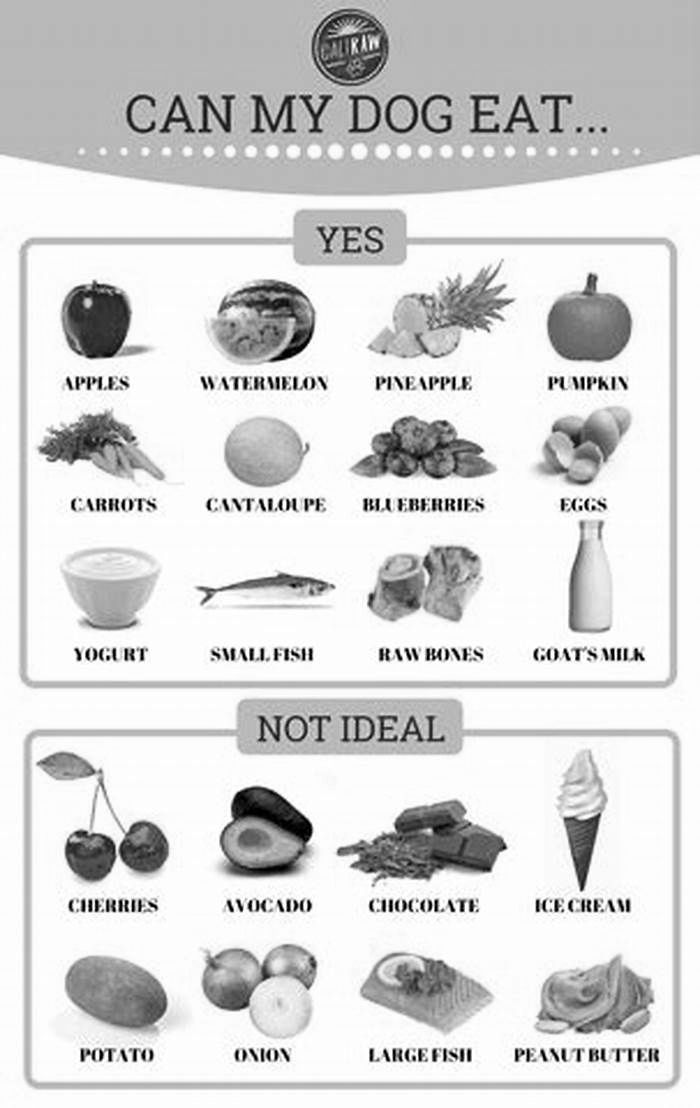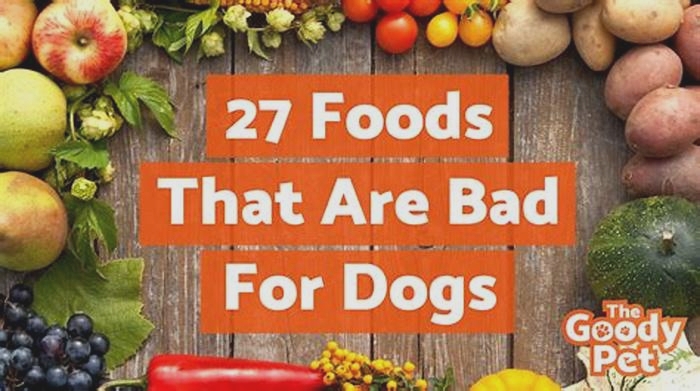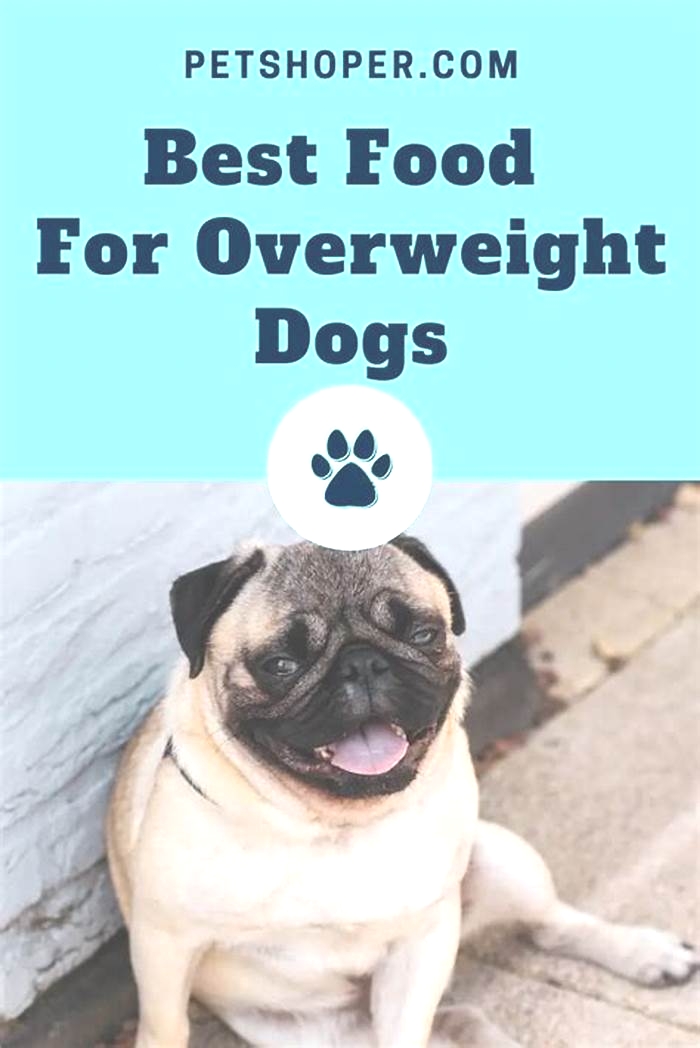What foods trigger pancreatitis in dogs
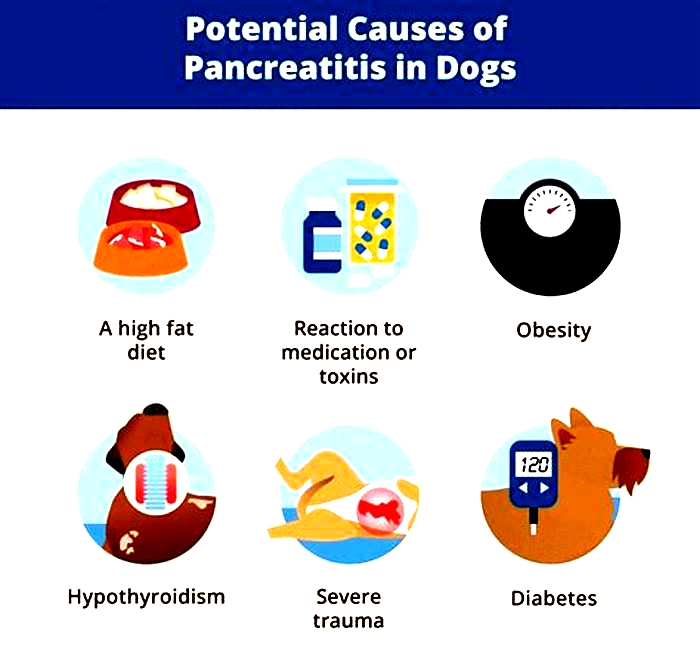
Pancreatitis in Dogs: What It Is, What Causes It, and What You Can Do
 Growing up, our parents would make some things sound so horrible and scary as a way to instill fear in us, just to prevent us from doing certain things.
Growing up, our parents would make some things sound so horrible and scary as a way to instill fear in us, just to prevent us from doing certain things.
Well, when I was in veterinary school, our instructors instilled a warranted and significant fear of the pancreas. Dont anger your dogs pancreas because it isnt forgiving!
What is the pancreas, and what does it do exactly for our pets? It is a V-shaped gland located in the upper area of your dogs abdomen.
The pancreas' primary purpose is to secrete digestive enzymes and other substances that aid in the absorption of nutrients and certain vitamins and minerals from your pets food. Since the pancreas has such an important job, it gets very angry when its normal functions are interrupted.
And what happens when we make the pancreas angry? Pancreatitis. There are two types of pancreatitis acute and chronic.
What Is Pancreatitis in Dogs?
- Acute pancreatitis occurs abruptly with little to no permanent changes to the pancreas.
- Chronic pancreatitis is continuing inflammation that often results in irreversible or permanent changes in the pancreas.
In general, with acute or chronic pancreatitis, inflammation causes activations of enzymes within the pancreas itself. This results in a progressive breakdown of the pancreas' tissue by its own enzymes in short, think of it as eating itself!

Possible Causes of Pancreatitis in Dogs
Typically, in dogs with spontaneous pancreatitis, the cause is unknown. And the symptoms are so variable that an owner can miss a mild bout of pancreatitis but the damage has already begun. Dogs that have acute pancreatitis are likely to have it happen again, eventually creating a chronic condition.
The following is a list of just some of the potential factors that are considered possible causes of pancreatitis:
- Dietary indiscretion: If a dog eats food that they usually dont consume and/or that food is high in fat.
Even if an animal has regularly gotten table food or fatty foods, an adverse reaction to the food can happen at any time. I have had many patients who have gotten table scraps for an extended period and were fine. Then one day, their pancreas decided it had had enough.
- Obesity: Obese dogs have higher fat in their blood compared to thinner dogs. Plus, acute pancreatitis causes an uncontrolled breakdown of visceral fat, which is rich in unsaturated triglycerides releasing unchained fatty acids, which in turn causes necrosis and worsening of pancreatitis.
- High amounts of fat present in the blood: This is a condition some dog breeds are more likely to have than others, such as Miniature Schnauzers. A diet that is high in fat can cause high levels of fat in the blood.
- Blunt abdominal trauma: Injuries to the abdomen, such as being hit by a car, another pet running into them, etc.
- Certain medications or toxins: Any medication or toxin that can lead to inflammation of the pancreas can cause an issue. Some possible examples include some chemotherapy medications, corticosteroid therapies, or certain antibiotics. Your veterinarian will determine what is the best medical care for your pet and advise you of any risks. There are household and environmental toxins such as zinc and organophosphates that have also been linked to pancreatitis.
- Presence of other diseases: Diabetes Mellitus, chronic kidney disease
- Infectious agents: Parvovirus, Babesia canis, upward movement of intestinal bacteria, aberrant movement of intestinal parasites
- Kidney and Liver issues
- Cushing's Disease
At What Age Is a Dog More Likely to Get Pancreatitis?
In reality, any dog can be affected at any age. However, acute pancreatitis is most common in middle-aged or older dogs (older than 7 years old).

Are Some Dog Breeds More Likely to Get Pancreatitis?
Any breed of dog can develop pancreatitis, but Miniature Schnauzers, Miniature Poodles, Yorkshire Terriers, and Cocker Spaniels seem to have a higher rate of occurrence. Why? One reason is that these dog breeds tend to have high blood triglyceride levels (high levels of fat in their blood).
Signs Your Dog Might Have Pancreatitis
Now that you know what pancreatitis is and how it happens, let's look at what the signs or symptoms of pancreatitis are so you know when you need to have your dog checked out by a veterinarian. Clinical signs of pancreatitis the ones you can see can be vague or unclear and not specific to just pancreatitis. Also, there are times when the secondary complications of pancreatitis cause these symptoms. This is why it is important not to delay going to the veterinarian if you see any of these symptoms.
Symptoms of Pancreatitis in Dogs
When dogs get pancreatitis, the general clinical signs involve the gastrointestinal tract.
- Vomiting: This is the most consistent sign but can be absent
- Not eating
- Acting depressed
- Painful in the abdominal area: Your dog will likely be restless, panting, trembling, or look "hunched-up." Here's an example of what "hunched up" might look like:

- Diarrhea
- Fever
- Weakness, or in severe cases, collapse
Symptoms of pancreatitis tend to be vague and nonspecific. Often, when getting diagnosed by the veterinarian, otherillnesses are found. Diagnosis is often made from the combined results of the exam, bloodwork, and an ultrasound of your dog's abdomen.
Treatment for Pancreatitis in Dogs
Management of pancreatitis is predominantly providing supportive care, as there are no specific or standard veterinary treatment protocols (see note below). This involvessupportive care with IV fluids and medications to treat the secondary effects: vomiting, stomach pain, diarrhea, fever, etc. If another illness or condition is diagnosed at the same time as pancreatitis, measures are taken to address that as well.
Note: Recently, the FDA has conditionally approved the first and only injectable medication, Panoquell-CA1, for managing the clinical signs associated with acute onset of pancreatitis in dogs. A study showed statistically significant improvements over three days.
It is important for dogs to be appropriately selected your veterinarian will know if your dog qualifies. The dogs must have clinical signs associated with acute pancreatitis, and acute pancreatitis must be the top differential for the presenting clinical signs.
It can be used both for hospitalized patients and those treated at home.
Its safe use has not been evaluated in dogs with cardiac disease, liver failure, kidney issues, dogs less than six months of age, dogs intended for breeding, and pregnant or lactating dogs.
Even with aggressive treatment, the prognosis is still questionable.
Unfortunately, there are complications associated with pancreatitis, including:
- Pulmonary edema: Fluid in the lungs
- Cardiac arrhythmias: Irregular heartbeat
- Peritonitis: Inflammation of the lining of the abdomen and pelvic cavity, which can be fatal
- DIC (Disseminated intravascular coagulation): Abnormal functioning of the bodys natural blood clotting and clot-dissolving mechanisms, which can be life-threatening
- Failure to respond to treatment
- Secondary issues can include diabetes and exocrine pancreatic insufficiency
If your pet has had or is suspected of having pancreatitis, change over to a low-fat diet and decrease body weight if they are overweight. Avoid giving too many treats, especially any treats containing fats. Absolutely avoid ANY fatty human foods such as meat, cheeses, etc.
Once your pet has had pancreatitis, they are more likely to have it again. And every time your pet has pancreatitis, their ability to recover each time diminishes. Preventive measures and following your veterinarians treatment plan are crucial for their health. Pancreatitis can be fatal.
How to Prevent Pancreatitis in Dogs
While it isnt possible to prevent all causes of pancreatitis, it is very easy to prevent some of them.
 Strictly Monitor and Control Your Dogs Diet
Strictly Monitor and Control Your Dogs Diet
The first significant benefit of this is the prevention of obesity always measure out your dog's food and treats for the day. Be sure that your dog's diet matches their lifestyle and life stage, such as feeding a senior formula versus an adult formula. Your veterinarian can help recommend the best diet for your dog since they know your dog and their health history.
Do not feed a high-fat diet or add fat to the diet. Avoid giving human foods. While some foods, such as carrots and green beans, are considered dog-safe, others, like grapes and raisins, are toxic. Grapes and raisins can cause kidney damage, and damage to the kidneys is a risk factor for pancreatitis.
Besides their potential high-fat content, human food can be high in salt or contain ingredients that are toxic to your pet. For instance, many seasonings added to meats contain onions or garlic, which are toxic for animals. Remember toxins are on the list as a risk factor.
Some food products, such as peanut butter or "keto-friendly" ingredients, may contain xylitol which is extremely toxic to dogs. Always confirm with your veterinarian if a particular food is safe or not to give your dog.
Keto Diets and Dogs
Remember, dogs are not people. Just because humans may do well on the keto diet and "good fat bombs," such as coconut oil, MCT oil, and grass-fed butter, which can be beneficial to people that situation does not apply to dogs. While your dog can have relatively small amounts of coconut oil in order to gain the benefits of MCT (medium-chain triglycerides), it isn't really recommended. The reason for this is two-fold:
- You may give them too much by accident, which can aggravate the pancreas.
- Coconut oil has long-chain triglycerides, and the amount of MCT is very variable from brand to brand.
The MCT contained in dog-specific diets, such as Purina's Brain Health (formerly Bright Mind) formula, are enhanced with botanical oils and are designed to provide your pet with all the benefits of MCT without the dangers.
A small dash of extra-virgin cold-pressed oils, such as olive oil, avocado oil, coconut oil, and flaxseed oil, is safe. Even a small amount given periodically of xylitol-free peanut butter can be okay. But DO NOT give these things to breeds predisposed to high-fat levels in their blood, such as Miniature Schnauzers or Poodles, or dogs with a history of pancreatitis.
Even if you have periodically or even regularly given human foods and your dog seemed fine, pancreatitis can happen at any time.
If your pet has a history of pancreatitis, be sure to let your veterinarian know, as this may determine what medications or treatments they prescribe for any future health issues.
I cannot emphasize enough that pancreatitis is a very serious disease with the risk of serious complications. Prompt and aggressive treatment is needed for the best outcome. Preventing obesity for your dog's entire life and avoiding inappropriate human foods (especially fatty foods) can be key factors in avoiding this disease. You never know when your dog has suffered from this disease in silence, so always take precautions to avoid factors that can anger their pancreas.

Pancreatitis in dogs
Pancreatitis is a painful and potentially severe condition caused by the pancreas becoming inflamed. The cause of pancreatitis is often unknown, although eating too much high fat food is a key trigger in many cases. Many dogs recover from pancreatitis, but it can be life-threatening, so needs urgent veterinary treatment. Some affected dogs may develop long-term issues with their pancreas and may need to be fed special diets that are reduced in fat.
What is pancreatitis?
The pancreas is a small organ that produces enzymes and hormones. The hormones help to control blood sugar levels and the enzymes break down food. These enzymes sometimes activate too early whilst theyre still in the pancreas, and can irritate and attack the cells of the pancreas, causing it to become inflamed. This is known as pancreatitis.Pancreatitis can happen just once, known as acute, or occur several times, known as chronic. Both acute and chronic pancreatitis can be mild or life-threatening.
Which dogs are more prone to pancreatitis?
Any type of dog can develop pancreatitis, but some dogs are more likely to develop it than others. Older dogs, dogs that are overweight, or those that are recovering from surgery appear to be more prone to pancreatitis. Some breeds, including Cavalier King Charles Spaniels, Boxers, Border Collies, Cocker Spaniels, Miniature Schnauzers, terriers and other small breeds may be at increased risk.
What are the signs of pancreatitis in dogs?
Signs of pancreatitis can include:
- Not wanting to eat
- Stomach pain (your dog may appear bloated, hunch their back, or lower their front legs and head to ease the pain)
- Being sick
- Having bloody diarrhoea
- Weakness
- High temperature
Pancreatitis can be severe, so if you are concerned about your dogs health always
contact your vet immediately.
What causes pancreatitis?
The cause of pancreatitis is often unknown, although ingestion of a large amounts of high-fat food in one sitting is a common trigger. Its important that dogs are not given unhealthy table scraps and fatty foods are kept out of paws reach from your dog.
Other risk factors that can contribute to pancreatitis include:
How is pancreatitis treated?
Pancreatitis can be life-threatening and must be treated by your vet. Veterinary treatment is usually supportive, but affected dogs may need regular monitoring as well as intravenous fluids and medications to help manage pain and nausea.
How long does it take to recover from pancreatitis?
If your dog is affected by pancreatitis they may need to be monitored and treated by your vet for several days. More severe cases can be more complicated and your dog may take a week or longer to recover. Chronic pancreatitis is a longer-term issue and although the disease can be managed, it cant be cured and will be present for life.
Can dogs survive pancreatitis?
Many dogs affected by pancreatitis make a full recovery with veterinary treatment. Severe cases can be more difficult to treat and the outcome less predictable.
What can I feed a dog thats had pancreatitis?
Dogs that have been affected by pancreatitis may need a special low-fat diet to reduce the risk of developing pancreatitis again. Your vet may discuss this with you and will help you find a diet that is suitable for your dog. They may also talk to you about not giving your dog fatty treats, such as cheese or fatty meat.
When to contact your vet
If you think your dog may be affected by pancreatitis, or you are concerned about their health or behaviour, then you should always contact your vet immediately. Pancreatitis can be very serious, so its important that you do not wait to see if your dog improves before seeking advice.
Think your dog may be affected?
If you're worried about your dog's health, always contact your vetimmediately!
We are not a veterinary organisation and so we can't give veterinary advice, but if you're worried about any of the issues raised in this article, please contact your local vet practice for further information
Find a vet near you
If you're looking for a vet practice near you, why not visit the Royal College of Veterinary Surgeons'Find a vetpage.

